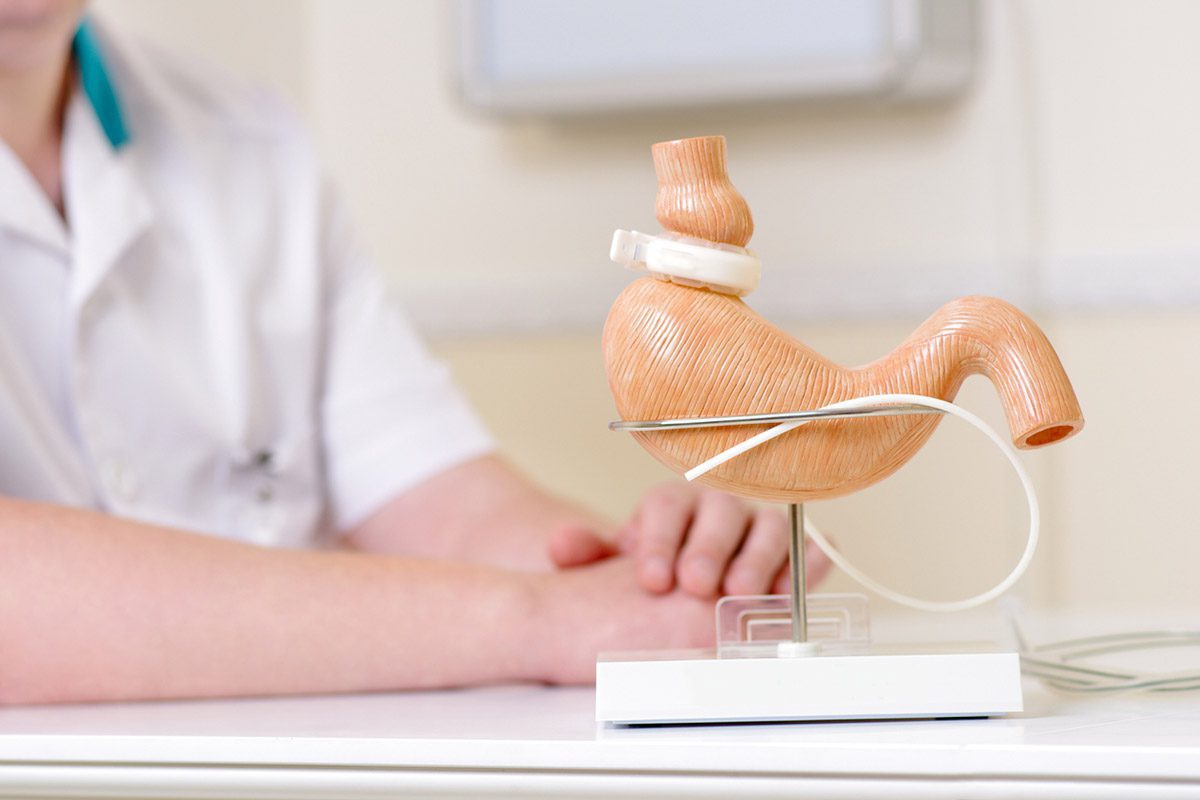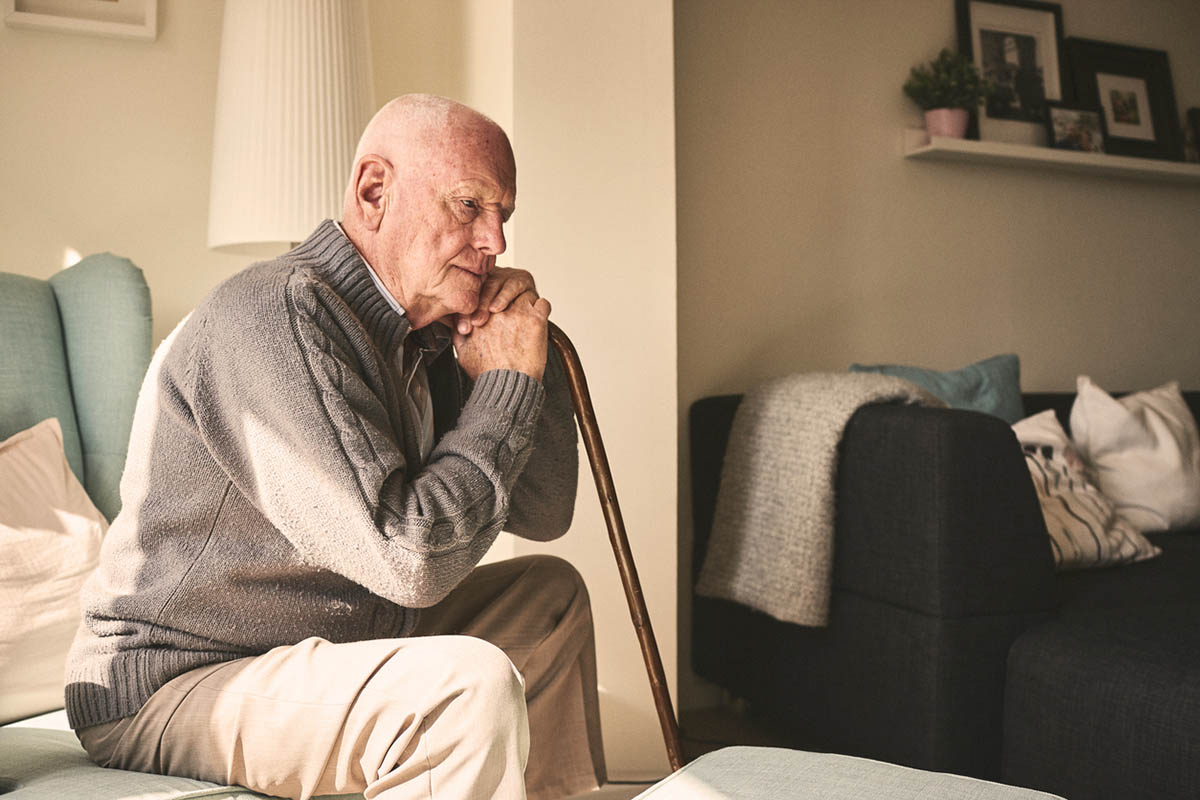Recurrent Seizures in a Depressed Patient
To the Editor: The following report is not of an uncommon case, but one that serves as a reminder of the duty of physicians to obtain a full history, perform a thorough workup, and, when coming up with the differential diagnosis, think outside of the box. The presence of recurrent, intractable seizures in the depressed patient is cause for concern that psychogenic non-epileptic seizures (PNES) may be present. The importance of differentiating an epileptic disorder from PNES is highly important in the management and treatment of the patient. We present a case of seizures associated with depression that took many years to be diagnosed as PNES.
Case report. Ms A, a 29-year-old white woman with a 5-year history of seizures, migraines, DSM-IV generalized anxiety disorder, and DSM-IV recurrent, moderate major depressive disorder, presented to the emergency department with a breakthrough seizure. She was undergoing an outpatient electroencephalogram (EEG) when she began to seize during the photostimulation. She was then transferred to the hospital and admitted to the intensive care unit, where she was treated for continued episodes of shaking. During the hospital stay, she had a seizure that was witnessed by the staff and was monitored by video-EEG and found to be non-epileptic.
Upon inquiry about seizure history, Ms A stated that the seizures started 5 years earlier but had increased in frequency over the previous 5 months. The episodes were described as violent shaking of her lower extremities that progressed to her upper extremities. The patient had no episodes of tongue biting or bowel or bladder incontinence. She had been on treatment with carbamazepine 200 mg every morning and 300 mg every evening and topiramate 100 mg twice per day for her migraines.
Video-EEG suggested a non-epileptic origin, and toxicology screen ruled out any drug-associated condition; thus, PNES was atop the differential diagnosis list. The psychiatric service was consulted for her depression and anxiety as well as for posttraumatic stress disorder (PTSD). She had suffered anxiety and depression for several years and had noticed a relapse in the last 5 months with no identifiable life changes or exacerbating factors. This relapse occurred around the same time as her increased "seizure episodes."
Initial evaluation computed tomography of the head showed no acute intracranial pathology. Complete blood cell count and basic metabolic panel were within normal limits.
Psychogenic non-epileptic seizures, previously known as pseudoseizures, are episodes of altered motor and perceptual behavior that may appear similar to epileptic seizures. The origin is a psychological or emotional response and not due to abnormal electrical discharges in the brain.1 Multiple names are in use for PNES, the most common of which is pseudoseizures. The term pseudoseizures is losing favor as it may imply that the events are fake and do not require serious medical attention, thus PNES or psychogenic non-epileptic seizures is generally the term used.
PNES is quite common: up to 1 in 5 patients with incurable epilepsy referred to specialist centers are found to have no organic cause for their seizures,1 and 80% of patients with PNES will be taking antiepileptic drugs at the time of diagnosis.2 Diagnosing PNES is complicated by the fact that a great number of patients with PNES also have epilepsy. Thus, it is not uncommon for patients presenting with PNES to be receiving anticonvulsant medication.3 Diagnosis is made by video-EEG monitoring, which is the standard for diagnosis of PNES. Definitive diagnosis is attained when a patient is observed having characteristic seizure-like episodes without accompanying EEG abnormalities. These seizures or spells should be witnessed by family members or those who have witnessed the patient’s previous episodes and can verify that they are typical for the patient.
PNES do not have a single causative factor; the seizure-like spells may be the result of psychopathologic processes or a response to acute stress in patients without evidence of any psychopathology. Approximately 73% of patients with PNES also suffer from psychiatric disorders, which can include PTSD, anxiety disorders, and depressive disorders.4
Treatment of non-epileptic seizures is based on treatment of the underlying psychiatric disorder, such as anxiety or depression, along with educating the patient that the seizures are not actual epileptic episodes. This has to be done in a sensitive manner as to not accuse the patient of faking an illness. It is important to involve the patient in the treatment process. Clear reasoning must be given for concluding that the patient does not have epilepsy. Signs and symptoms in the patient’s history that make epilepsy unlikely and diagnostic tests that have proved otherwise should be explained to the patient. Psychotherapy is the mainstay of treatment, but pharmacotherapy may be used to treat the underlying conditions.4
This case report was written with the intent to remind us that we need to be vigilant in differentiating an actual epileptic seizure disorder from PNES disorder, as many patients may go through years of exposure to antiepileptic medications before being provided the truth about their condition. Just as the patient in this case report went for years being treated with antiepileptics without any underlying seizure disorder, many of our patients may be in the same situation. The goal for these patients is to treat the underlying condition, whether it is with an antidepressant or anxiolytic agent, along with psychotherapy.
References
1. Russell AJ. The diagnosis and management of pseudoseizures or psychogenic non-epileptic events. Ann Indian Acad Neurol. 2006;9(2):60-71. doi:10.4103/0972-2327.25978
2. Mellers JDC. The approach to patients with "non-epileptic seizures." Postgrad Med J. 2005;81(958):498-504. PubMed doi:10.1136/pgmj.2004.029785
3. Haines JD. A case of pseudoseizures. South Med J. 2005;98(1):122-123. PubMed doi:10.1097/01.SMJ.0000145286.00028.02
4. Zincir SB, Yenel A, Semiz לB. Approach to patients with ‘ psychogenic non-epileptic seizures’ : a review. D×¼s×¼nen Adam. 2012;25(2):170-178. doi:10.5350/DAJPN2012250210
Author affiliations: Department of Psychiatry, University of Nebraska Medical Center, Omaha.
Potential conflicts of interest: None reported.
Funding/support: None reported.
Published online: September 12, 2013.
Prim Care Companion CNS Disord 2013;15(5):doi:10.4088/PCC.13l01537
© Copyright 2013 Physicians Postgraduate Press, Inc.





